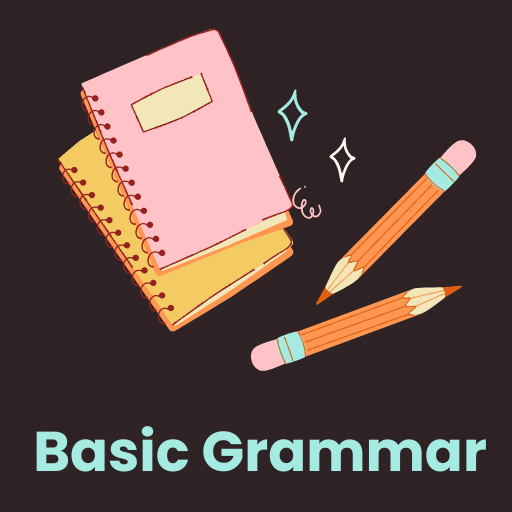Notes: Statement and Assumptions | Logical Reasoning for UGC NET PDF Download
Introduction
Statement: A statement is a piece of information or a fact related to any general subject. It can be a sentence that conveys an idea, claim, or assertion.

Assumption: An assumption is the hidden or unsaid part of the statement which a person assumes before stating some facts or making a statement. Assumptions are implicit and form the underlying basis for the statement made.
In questions involving statements and assumptions, a statement is provided followed by two or more assumptions. The task is to assess the given statement and determine which of the provided assumptions are implicit within it.
Key Points to Consider
Understanding the Statement:
- Read the statement carefully to understand its explicit meaning.
- Identify the main idea or claim being made.
Identifying Assumptions:
- Determine what must be true for the statement to hold.
- Look for underlying beliefs or conditions that are not directly stated but are necessary for the statement to make sense.
Evaluating Assumptions:
- Check if the assumption logically follows from the statement.
- Ensure the assumption is essential for the statement's validity.
Types of Assumptions:
- Implicit Assumptions: These are not directly stated but are implied by the statement.
- Explicit Assumptions: These are clearly expressed within the statement itself.
Solved Examples
Statement: "The government should reduce taxes to boost economic growth."
Assumptions:
I. Reduced taxes will leave people with more disposable income.
II. Economic growth is currently stagnant or slow.Explanation:
- Assumption I is implicit because the statement suggests that reducing taxes will have a positive effect on the economy, which implies that people will have more money to spend.
- Assumption II is implicit because the suggestion to boost economic growth implies that the current growth is not satisfactory.
Statement: "We should adopt renewable energy sources to combat climate change."
Assumptions:
I. Renewable energy sources are effective in reducing carbon emissions.
II. Climate change is a significant issue that needs to be addressed.Explanation:
- Assumption I is implicit as the statement implies that renewable energy can help mitigate climate change.
- Assumption II is implicit because the recommendation to combat climate change indicates it is considered a serious problem.
Statement: "Students who participate in extracurricular activities perform better academically."
Assumptions:
I. Extracurricular activities enhance skills that are beneficial for academic performance.
II. There is a positive correlation between extracurricular activities and academic success.
Explanation:- Assumption I is implicit because the statement suggests a link between extracurricular activities and academic performance.
- Assumption II is implicit as it supports the claim made in the statement.
Additional Information:
- Critical Thinking: Analyzing statements and assumptions helps in developing critical thinking skills by understanding the underlying logic and reasoning behind assertions.
- Relevance in Exams: Such questions are common in competitive exams and tests of reasoning, where candidates must discern implicit assumptions to answer correctly.
- Practical Application: Understanding assumptions is useful in everyday decision-making, negotiations, and effective communication, as it allows for a deeper understanding of the perspectives and motivations of others.
By identifying and evaluating assumptions, one can better understand the logic behind statements and make more informed decisions. This skill is essential not only in exams but also in real-life situations where critical thinking is required.
|
31 videos|28 docs|13 tests
|
FAQs on Notes: Statement and Assumptions - Logical Reasoning for UGC NET
| 1. What is the eligibility criteria for UGC NET exam? |  |
| 2. How many papers are there in the UGC NET exam? |  |
| 3. Can candidates from any age group apply for the UGC NET exam? |  |
| 4. What is the marking scheme for the UGC NET exam? |  |
| 5. How many times can a candidate appear for the UGC NET exam? |  |






























